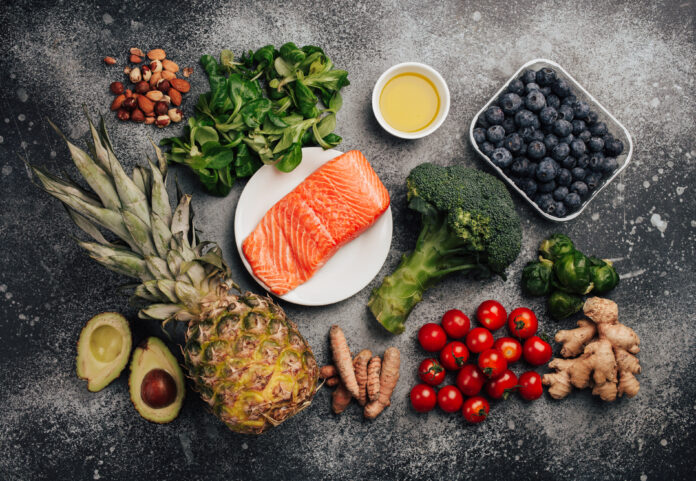What’s a common thread that might connect chronic conditions like cancer, diabetes, heart disease, rheumatoid arthritis, depression, and maybe even Alzheimer’s disease? If you guessed inflammation, you were correct.
The inflammatory response is the body’s natural defensive immune...






